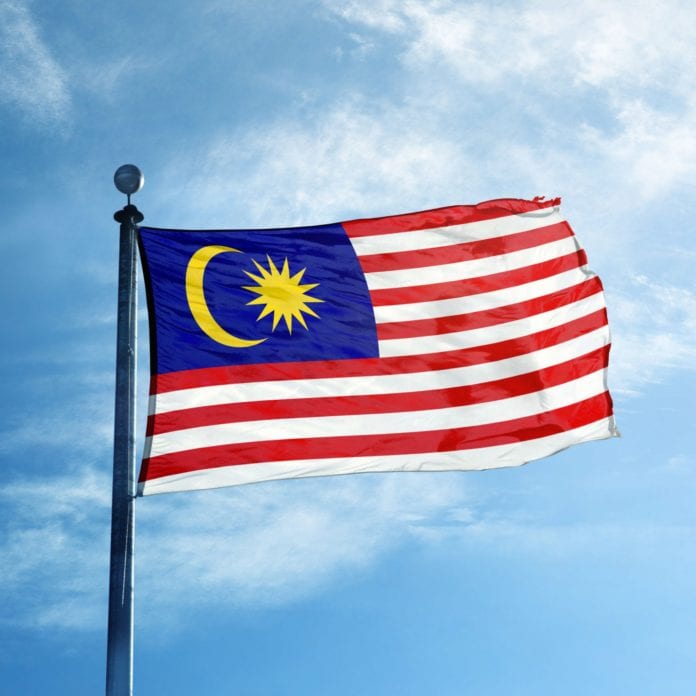5G coverage in Malaysia has already reached over 30% of populated areas and is on track to achieve the 80% target set by the government by 2024
Malaysia’s six major telecom operators have signed access agreements with state-run wholesale 5G network operator Digital Nasional Berhad (DNB), the country’s finance minister Tengku Zafrul Aziz said.
“Maxis, U Mobile, Celcom Axiata, Digi Telecommunications, YTL Communications, and Telekom Malaysia (TM) have signed the access agreements for the 5G rollout prepared by DNB,” he said in a Facebook post.
“The provision of this widespread 5G network will drive the country’s digitalisation efforts. We’re all set and ready to accelerate 5G deployment,” the official added.
DNB is a special-purpose vehicle set up by the Malaysian government with the main goal of deploying and managing Malaysia’s 5G network.
According to DNB, 5G coverage in Malaysia has already reached over 30% of populated areas and is on track to achieve the 80% target set by the government by 2024.
DNB had previously confirmed that it had already executed share subscription agreements with four Malaysian telcos – Celcom, Digi, YTL, and Telekom Malaysia – which will collectively take up a 65% stake in the state-run firm.
Celcom and Digi will each take up a 12.5% stake, while YTL and Telekom Malaysia will own a 20% stake each. The government, via the Ministry of Finance, will retain a 35% stake.
DNB previously said that the entire 5G network rollout is expected to cost RM 16.5 billion ($3.54 billion) over the next 10 years. This is made up of RM 12.5 billion for the 5G network equipment and infrastructure as well as RM 4 billion in corporate costs.
The company also said that the implementation of 5G technology will have a positive impact of RM150 billion in the country’s GDP and will create 750,000 jobs.
Swedish vendor Ericsson is in charge of the deployment of Malaysian national 5G network. Ericsson recently announced that DNB had selected the vendor’s new energy-saving radios.
The Nordic vendor also said that DNB is the first operator in Asia to use Ericsson’s newest radios, which, based on field measurements, are 18% more energy-efficient than the previous generation radio. Ericsson also claims that its Air 3268 radio is the lightest and smallest massive MIMO radio in the industry.
With 200W output power, 32 transceivers and passive cooling, the 12kg radio weighs about 40% less than the earlier generation, making installations easy on towers, rooftops, poles and walls, the vendor said.
The equipment employs the Ericsson Silicon system-on-chip set-up to deliver real-time channel estimation and precise beamforming to improve coverage and the user experience, the vendor stated.

